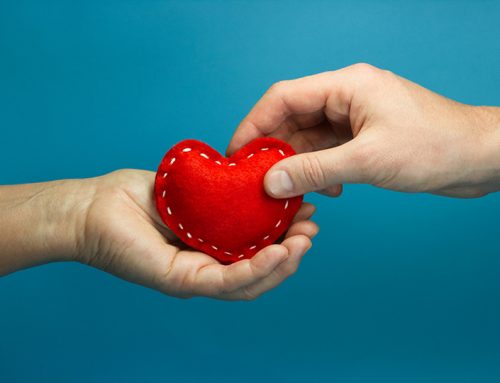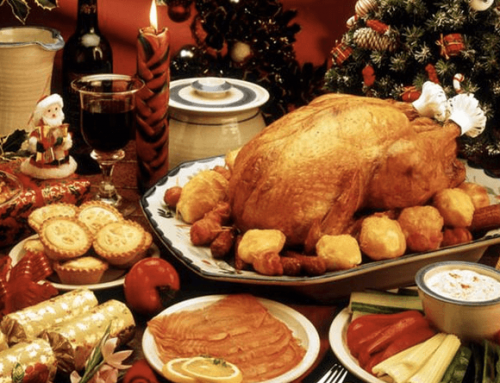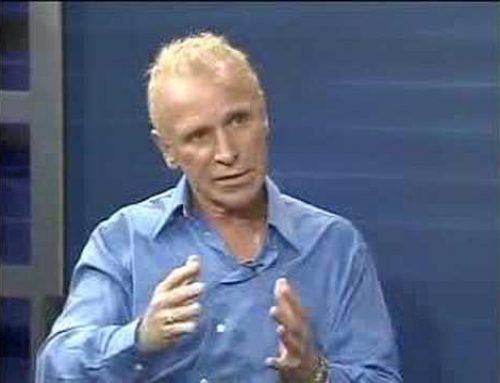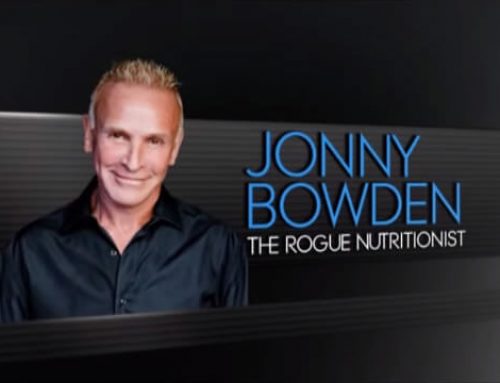In Part I of my story I told you how I stopped drugs and drinking, started lifting weights and eventually became a personal trainer.
This was the era of the low-fat diet, mind you, and it was almost universally accepted that the only way to lose weight was to eat fewer calories, do some form of aerobic exercise and stick with a low-fat diet.
But I kept running into clients who were doing precisely that and nothing was happening.
Quite a few, actually.
More and more people approached me about problems that weren’t covered in the basic textbooks I had read on exercise and nutrition.
These folks were doing everything the books said to do aat that time but the scale wasn’t budging. Their bodies weren’t changing. Their frustration
and despair were palpable, and, honestly, I had no idea what to do for them.
Then in the early ’90s, a biochemist with a fairly radical theory about health and weight came to town and gave a guest seminar at Equinox.
His name was Barry Sears, and he had just written a book called The Zone.
Now it’s hard for people to remember that 20 years ago Barry’s ideas were completely revolutionary.
He was suggesting a diet that contained almost twice the amount of fat and half the carbs that the “diet dictocrats” were telling us to eat.
Barry pointed out that food has a hormonal effect, triggering various hormones that instruct your body to burn fat or store fat.
You can’t predict which hormones will be affected by food simply by knowing the number of calories it contains.
I was excited beyond belief. What Barry was talking about—the hormonal effect of food— explained why my low-fat-diet-eating clients weren’t losing a pound.
Sure, they ate a low-fat diet and counted their calories, but if they were eating foods that triggered their fat-storing
hormones, then no wonder they were having so much trouble losing weight!
Maybe this is what’s been happening to you as well.
I decided there was more to this nutrition stuff than they were teaching us in personal trainer school, and I decided to learn more about it.
Long story short, I went back to school and earned a Certified Nutritionist (CN) license, then a Certified Nutrition Specialist (CNS) license, and ultimately I completed a PhD in holistic nutrition.
I learned about hormones, biochemistry and metabolism. I plunged deeply into the hothouse of nutritional controversies. I read voraciously and attended seminars and workshops in nutritional medicine.
I used my client base as a laboratory, trying out techniques, seeing what actually worked in the real world.
Because I had spent a year of my master’s program in psychology studying statistics and research design, it was a snap for me to read and understand medical studies and see what they really said versus what the media told us they said.
My interest in politics, neuroeconomics, behavioral science and history allowed me to put all this in a much broader context and understand the incredible array of forces that color, shape and bias the information we receive from the media—and even from scientists— about all kinds of hot-button topics.
Such as, for example, what to eat.
I came to the conclusion that most of what we were being taught about nutrition, health and weight loss was a crock of doo-doo.














Don’t think for a min that there isn’t people out there that still think the calorie way and there are lots of them. There really hard to talk to so most times I don’t say anything.
I am a living example of what happens with a high fat, high cholesterol, whole foods diet, after 11 years, but friends say, it’s just “my genes” and “what’s your skin care secret?” My skin looks young, healthy, and tanned from the high fat, high cholesterol, whole foods diet and plenty of sunshine. I’m fit and healthy. “But, what’s your secret?” I give up.